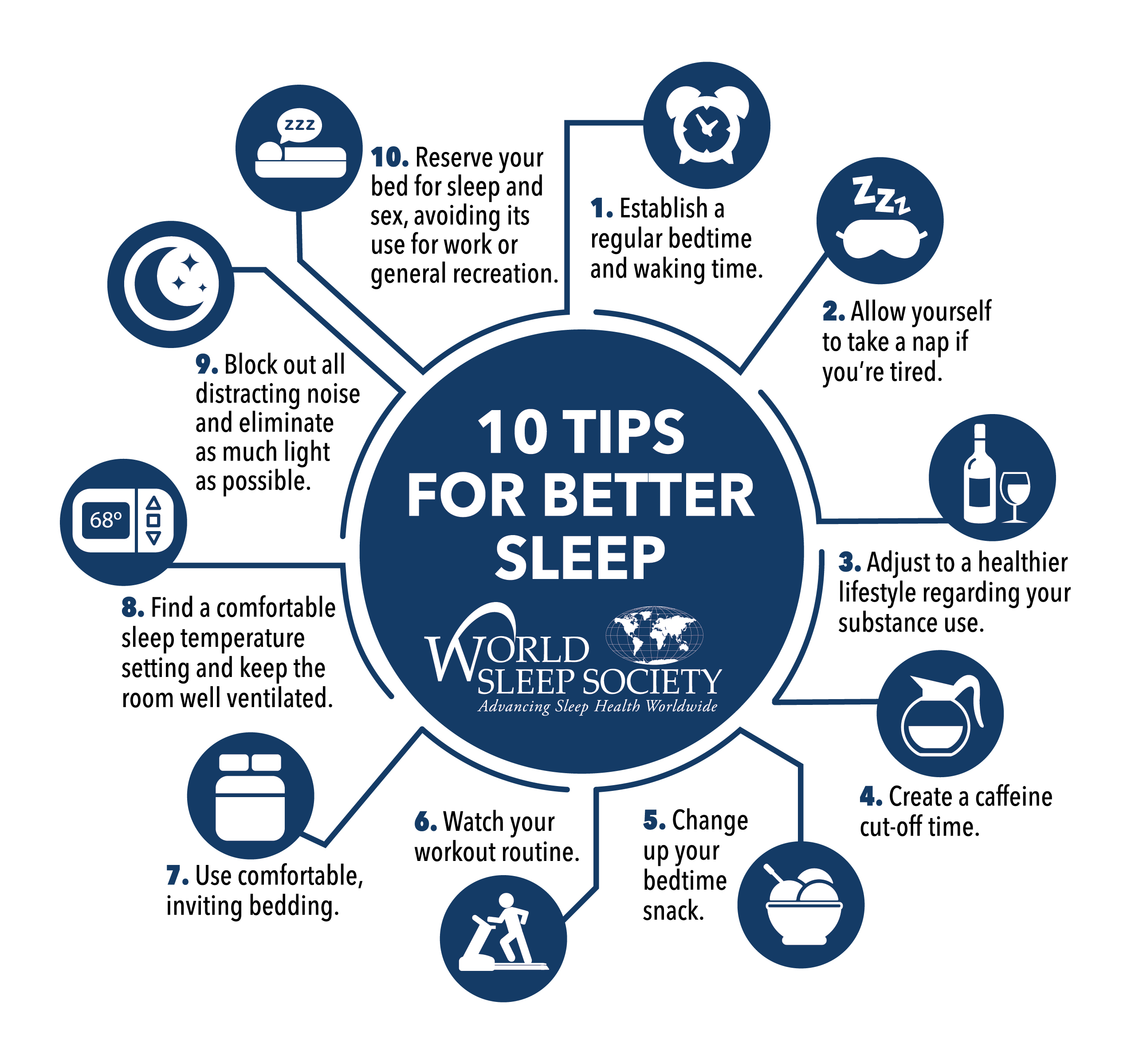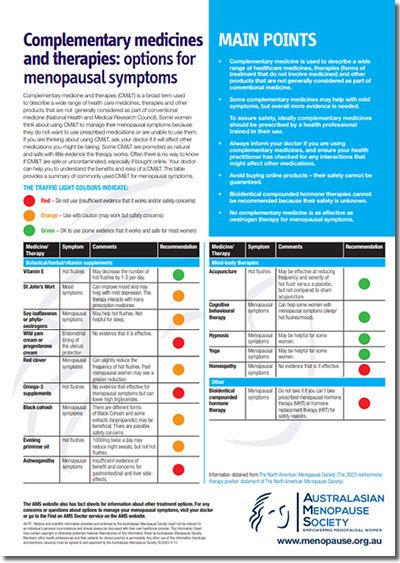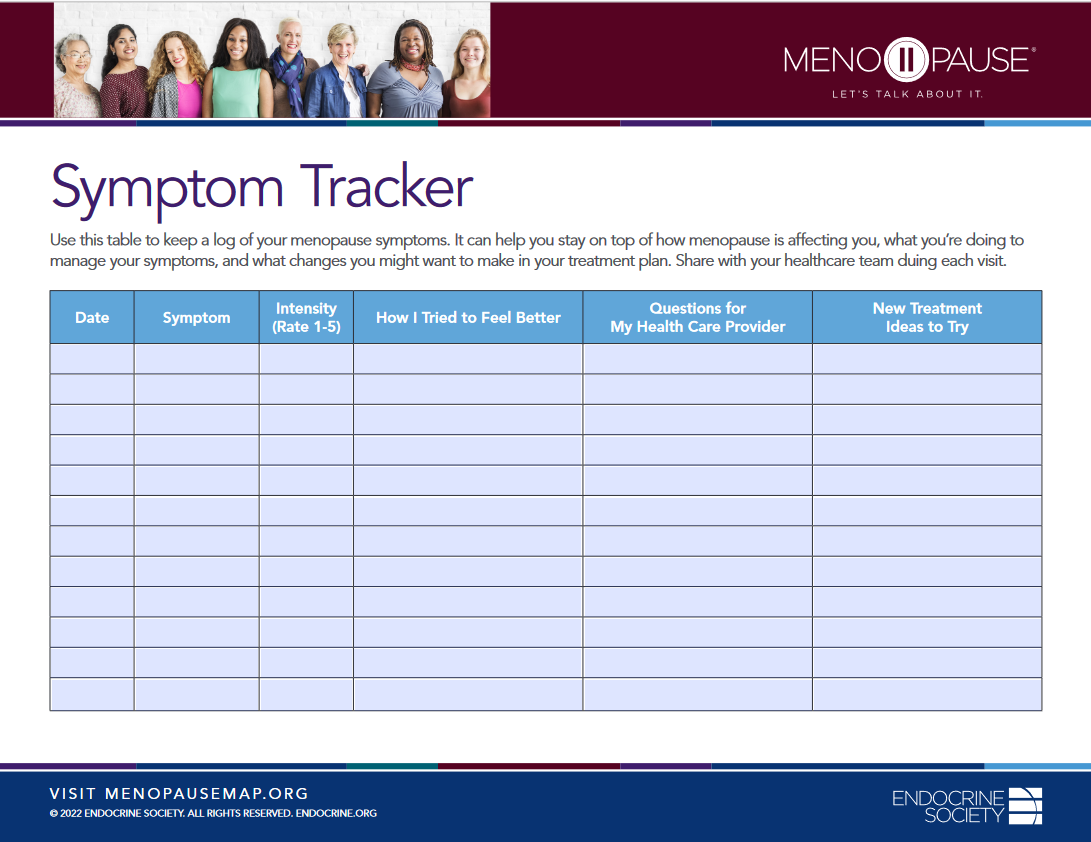“When people struggle with insomnia, sleep hygiene
is an important part of cognitive behavioral therapy (CBT),
the most effective long-term treatment for people with…”.1
Umbrella
What may the Sleep Management Umbrella include?


Depending on the Source (DotS) this Umbrella may include:
- Sleep Hygiene
- Sleep Management
- Sleep Routine
Sleep Hygiene
What is sleep hygiene?
DotS the definition of sleep hygiene may vary. In Healthy Sleep Habits the American Academy of Sleep Medicine’s (AASM) definition is:
“The term “sleep hygiene” refers to a series of healthy sleep habits that can improve your ability to fall asleep and stay asleep. These habits can help improve your sleep health. When people struggle with insomnia, sleep hygiene is an important part of cognitive behavioral therapy (CBT), the most effective long-term treatment for people with chronic insomnia. CBT for insomnia can help you address the thoughts and behaviors that prevent you from sleeping well. It also includes techniques for stress reduction, relaxation and sleep schedule management”.2
Sleep Habits
What can I do?
In Sleep: About Sleep – What To Do the (United States) Centers for Disease Control and Prevention (CDC) explain:
- Going to bed and getting up at the same time every day
- Keeping your bedroom quiet, relaxing, and at a cool temperature
- Turning off electronic devices at least 30 minutes before bedtime
- Avoiding large meals and alcohol before bedtime
- Avoiding caffeine in the afternoon or evening
- Exercising regularly and maintaining a healthy diet”.3
In Healthier Sleep In Adults the World Sleep Society elaborate on:

- “Establish a regular bedtime and waking time
- If you are in the habit of taking siestas, do not exceed 45 minutes of daytime sleep
- Avoid excessive alcohol ingestion 4 hours before bedtime, and do not smoke
- Avoid caffeine 6 hours before bedtime. This includes coffee, tea and many sodas, as well as chocolate
- Avoid heavy, spicy, or sugary foods 4 hours before bedtime. A light snack before bed is acceptable
- Exercise regularly, but not right before bed
- Use comfortable, inviting bedding
- Find a comfortable sleep temperature setting and keep the room well ventilated
- Block out all distracting noise and eliminate as much light as possible
- Reserve your bed for sleep and sex, avoiding its use for work or general recreation”.4
In Insomnia: What Can I Do To Sleep Better? the Office on Women’s Health (OWH), United States Department of Health and Human Services include:
Try these tips at home to improve sleep:
- Try to go to sleep at the same time each night or when you get sleepy
- Try to get up at the same time each morning, regardless of how well you slept
- Do not nap longer than 30 minutes or anytime between 3 p.m. and bedtime
- Go outside every day for at least 15 to 20 minutes. The natural light will help you get into a natural pattern of sleeping.
- Before bedtime, try to avoid bright, artificial light from computer screens, mobile phones, or televisions. Do not allow electronic devices in the bedroom
- Follow a regular, relaxing routine at the same time each night when you get ready for bed
- Go to bed only after winding down and when you are ready to sleep. Do not read in bed, listen to music, or do other activities that engage your mind and can keep you awake
- Keep your bedroom dark, quiet, and cool for sleeping. Use a sleep mask or light-blocking curtains. Use earplugs, a fan, or a white noise machine or app on your phone to block out sounds
- Do not drink alcohol or caffeine or use nicotine for at least five hours before bedtime
- Get regular physical activity during the daytime. Exercise or physical activity close to bedtime, or anytime in the five or six hours before sleeping, can make it harder to fall asleep
- Do not eat heavy meals or drink a lot of liquids two to three hours before bed
- If you still cannot sleep after about 15 minutes of getting into bed and turning out the light, get out of bed and do something relaxing until you feel sleepy
- See your doctor or a sleep specialist if you think that you have insomnia or another sleep problem”.5
Still Awake
What if I cannot fall asleep?
In Insomnia: What Can I Do To Sleep Better? the OWL note above:
- “If you still cannot sleep after about 15 minutes of getting into bed and turning out the light, get out of bed and do something relaxing until you feel sleepy”.6
Alcohol
Is there an association between alcohol and sleep?
In Your Back-To-Sleep Guide for 3AM Wake-Ups: Why Can’t I get Back To Sleep? The Alcohol Effect (Australian) Jean Hailes for Women’s elaborate on:
Alcohol can “increase the speed of falling asleep, [but] it suppresses or reduces rapid eye movement (REM) sleep, which is essential to sleep health and waking refreshed”, he says. The drink also increases urine production, meaning night-time trips to the loo, plus large amounts can affect the respiratory system, promoting snoring and poor sleep, adds Prof Allsop”.7
Health Care Provider
What if I would like help with my sleep management?
In Sleep: About Sleep – Management: Keeping A Sleep Diary the CDC explain:
Your sleep diary should include when you:
Health Topics A-Z
Where may I find Health Topics A-Z related to Sleep Management?
In Health Topics A-Z you may find:
Links
Where may I find Links related to Sleep Management?
Your Country may have Links similar to:
Links
This Links List to third party websites is neither comprehensive nor exhaustive. Inclusion on this Links List does not imply endorsement or recommendation. Non-inclusion on this Links List does not imply non-endorsement or non-recommendation. Third party websites are not under the control of Meno Martha International Menopause Directory. Third party websites may contain explicit medical images and/or sexual references. Please read Meno Martha International Menopause Directory’s Links Policy before proceeding to a Link. Please contact Webmaster if you experience a problem with a Link.New or Updated
- How To Get Better Sleep With Sciatica Pain [21 August 2025]
- Mayo Clinic Minute: Tips for Better Sleep [07 March 2025] [+ Video Courtesy: Mayo Clinic News Network]
- Midlife Messing With Your Sleep? Expert Shares Her Top 10 Tips [09 October 2025]
- Menopause and Insomnia [August 2025]
- Menopause and Sleep [05 February 2025]
- Webinars: Symposia – What Is Sleep, What Is Menopause and How Do They Interact? [20 October 2025]
- 3 Steps for Managing Sleep Maintenance Insomnia
 4 Benefits of Sleep Meditation and How To Do It
4 Benefits of Sleep Meditation and How To Do It- 4 Simple Steps To Get You Back To Sleep Fast
- 6 Foods That Help You Sleep
- Are You Just Tired or Are You Menopause Tired?
- BMS TV: Sleep
- Bedtime Snacks To Help You Sleep
- Breathing Problems? Try These Sleep Positions
- Complementary Medicines and Therapies for Hot Flushes
- Complementary Medicines and Therapies: Options for Menopausal Symptoms
- Cognitive Behaviour Therapy (CBT) for Menopausal Symptoms
- Consumer Video and Podcast Series: 2024 Consumer Videos and Podcasts – Cognitive Behavioral Therapy and Menopause
- Consumer Video and Podcast Series: 2024 Consumer Videos and Podcasts – Preparing for Your Menopause Health Care Visit
- Deciding About Hormone Therapy Use
- Do Weighted Blankets Help With Insomnia?
- Does Menopause Cause Insomnia and Sleeplessness?
- Dr. Susan Kok – Sleep and Menopause
- Everything You Need To Know About Progressive Muscle Relaxation
- Experts Answer Your Menopause Questions In New Video
- Full Proof: Explaining How Alcohol Can Interfere With Sleep
- Getting A Good Nights Sleep

- HRT Questions Answered
- Handling Hot Flushes and Night Sweats| Dr Louise Newson
- Healthier Sleep In Adults
- Healthy Sleep Tips for Women
- Here’s How To Get More Deep Sleep and REM Sleep
- Hot Flashes: What Can I Do? [+ Video: What Are the Signs and Symptoms of Menopause?]
- How To Become A Morning Person
- How To Establish A Wake-Up Routine for A Good Morning Every Morning
- How To Fall Asleep Fast
- How To Find Relief for Hot Flashes At Night
- How To Get Better Sleep With Sciatica Pain
- How To Get the Most Out of Napping
- How To Manage Menopausal Insomnia
- How To Sleep Better
- How To Sleep Better With A Bedtime Routine
- How To Sleep When Your World Is Falling Apart
- How To Stop Your Mind From Racing and Get To Sleep
- Insomnia Treatment: Cognitive Behavioral Therapy Instead of Sleeping Pills
- Insomnia: What Can I Do To Sleep Better?
- Keep Your Cool – and Stay Healthy – With These Hot-Weather Sleep Tips
- Later Years (Around 50 Years and Over): Menopause and Post Menopause Health – Signs and Symptoms of Menopause [+ Video: Talking Menopause With Your GP]
- Looking After Yourself Around the Time of Menopause: How To Improve Your Sleep At Menopause
- Management of Perimenopausal and Menopausal Symptoms
- Mayo Clinic Minute: Help With Hot Flashes Due To Menopause [+ Video Courtesy: Mayo Clinic News Network]
- Mayo Clinic Minute: Managing Sleep During Menopause [+ Video Courtesy: Mayo Clinic News Network]
- Mayo Clinic Minute: Sleep and Heart Health [+ Video]
- Mayo Clinic Minute: Tips for Better Sleep [+ Video]
- Mayo Clinic Minute: What Are the Benefits, Risks of Sleeping With Melatonin Gummies? [+ Video]
- Mayo Clinic Minute: What Is the Best Sleeping Position? [+ Video Courtesy: Mayo Clinic News Network]
- Mayo Clinic Q and A: 5 Ways To Get Better Sleep
- Mayo Clinic Q and A: Can A Supplement Help You Sleep?
- Melatonin
- Melatonin: How Much Should You Take?
- Menopause and Sleep
- Menopause Map: Downloadable Resources – My Personal Path Print Tools: Questions for Your Health Care Provider
- Menopause Map: Downloadable Resources – My Personal Path Print Tools: Relaxation Techniques
- Menopause Map: Downloadable Resources – My Personal Path Print Tools: Symptom Tracker

- Menopause Patient Information [Videos] 5. Lifestyle Advice In Menopause & Perimenopause
- Menopause Treatments: What Works, What Doesn’t
- Menopause and Insomnia
- Menopause and Insomnia: Could A Low-GI Diet Help?
- Menopause and Sleep
- Midlife Messing With Your Sleep? Expert Shares Her Top 10 Tips
- National Center for Complementary and Integrative Health: Melatonin: What You Need To Know
- National Center for Complementary and Integrative Health: Valerian
- Night Sweats
- Night Sweats
- Q&A: Brain Receptors May Present Therapeutic Target for Sleep Disturbances In Menopause
- Resources: Fact Sheets – Fact Sheet 5: Restorative Sleep In Menopausal Health

- Restless? Try These Bedtime Teas for Better Sleep
- Setting A Regular Sleep Schedule
- Should You Be Sleeping With Your Pet In Bed? [+ Video]
- Signs You May Need To See A Sleep Specialist
- Sleep
- Sleep Aids: Understand Options Sold Without A Prescription
- Sleep Diary
- Sleep Hygiene: 7 Tips for A Better Bedtime Routine
- Sleep Hygiene: Simple Practices for Better Rest
- Sleep Inertia: What It Is and How To Get Rid of It
- Sleep Problems and Menopause: What Can I Do?
- Sleep Tea
- Sleep Tips: 6 Steps To Better Sleep
- Sleep, Food, Exercise, Stress: Why Working on One of These Can Improve the Others
- Sleep: About Sleep
- Snoring? Try These 12 Remedies So You Can Sleep Peacefully
- Suggested Strategies To Optimise Sleep
- Supplements: What Works, What Doesn’t and the Truth About Menowashing
- The Best Foods for Sleep [+ Video]
- Tips To Help Manage Menopause Symptoms
- Try These 6 Steps for Better Sleep
- Up At 3 a.m.? This Could Be Why
- Videos & Podcasts: Videos – Menopause and Hormone Therapy: Current Perspectives and Controversies
- Webinars: Symposia – What Is Sleep, What Is Menopause and How Do They Interact?
- Webinars: The Burn, the Itch, the Pain, the Urge: GSM In Women
- When Does Perimenopause Start and How Do You Define the Beginning
- Why Am I Still Tired After A Good Night’s Sleep?
- World Menopause Day 2024: Leaflet for Women – Menopause and Menopause Hormone Therapy [Multiply Languages]
- Worldsleepday.org [World Sleep Day, 14 March 2025]

- Your Back-To-Sleep Guide for 3AM Wake-Ups
Sources
Where may I find the Sources quoted?
You may find the Sources quoted at:
Sources
- Healthy Sleep Habits. Updated: August 2020. American Academy of Sleep Medicine http://sleepeducation.org/essentials-in-sleep/healthy-sleep-habits Accessed: 14 December 2025
- Sleep: About Sleep – What To Do. 15 May 2024. Centers for Disease Control and Prevention https://www.cdc.gov/sleep/about/index.html Accessed: 14 December 2025
- Healthier Sleep In Adults. World Sleep Society https://worldsleepday.org/tips-for-adults Accessed: 14 December 2025
- Insomnia: What Can I Do To Sleep Better? Page Last Updated: 24 October 2025. Office on Women’s Health, United States Department of Health and Human Services https://womenshealth.gov/publications/our-publications/fact-sheet/insomnia.html Accessed: 14 December 2025
- Insomnia: What Can I Do To Sleep Better? Page Last Updated: 24 October 2025. Office on Women’s Health, United States Department of Health and Human Services https://womenshealth.gov/publications/our-publications/fact-sheet/insomnia.html Accessed: 14 December 2025
- Your Back-To-Sleep Guide for 3AM Wake-Ups: Why Can’t I get Back To Sleep? The Alcohol Effect. Last Updated: 31 December 2024 |Last Reviewed: 31 December 2024. Jean Hailes for Women’s Health https://www.jeanhailes.org.au/news/your-back-to-sleep-guide-for-3am-wake-ups?gclid=EAIaIQobChMIrrW5p-nW-AIVTisrCh1gTgWzEAMYAyAAEgIp7vD_BwE Accessed: 14 December 2025
- Sleep: About Sleep – Management: Keeping A Sleep Diary. 15 May 2024. Centers for Disease Control and Prevention https://www.cdc.gov/sleep/about/index.html Accessed: 14 December 2025








